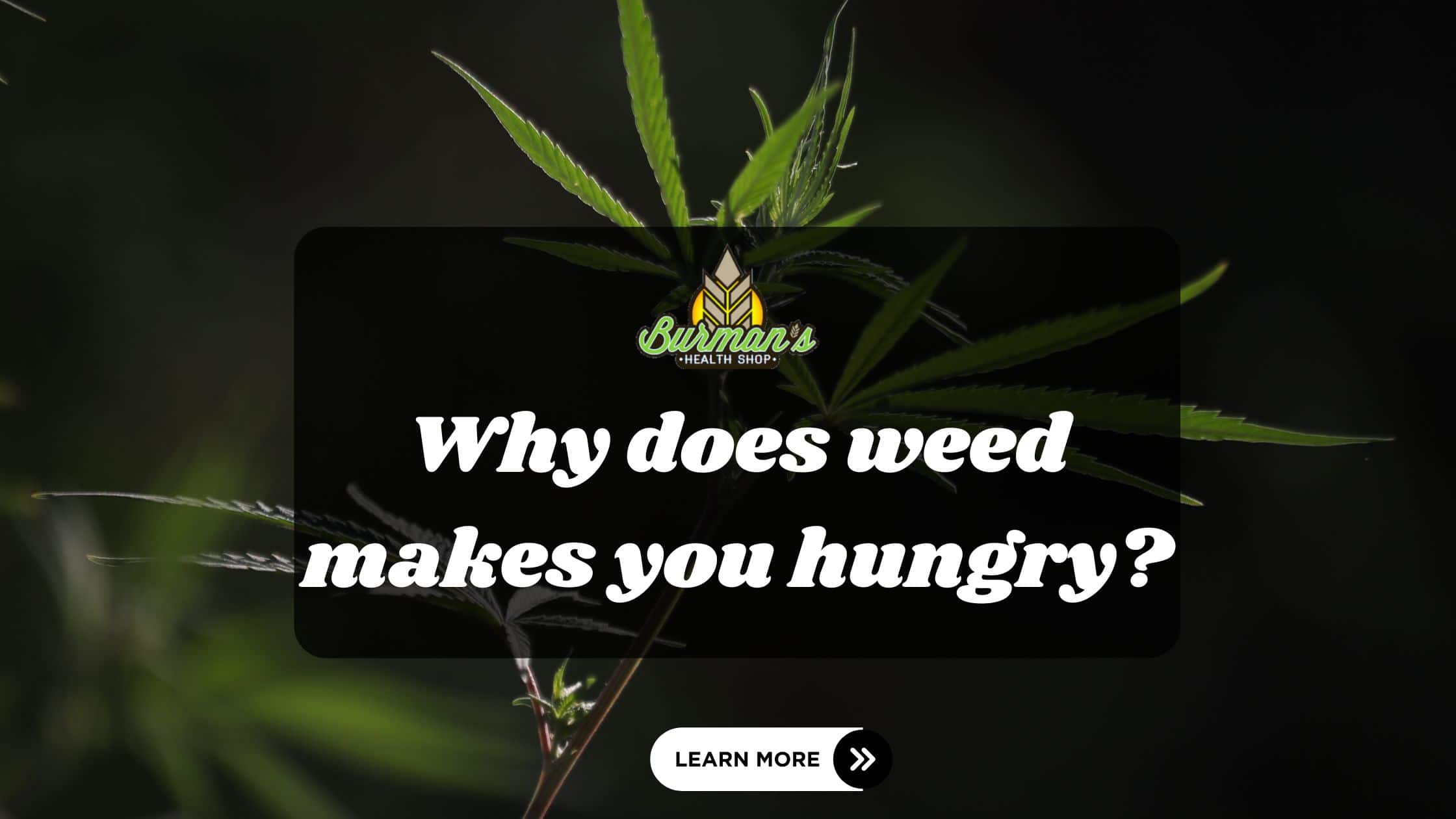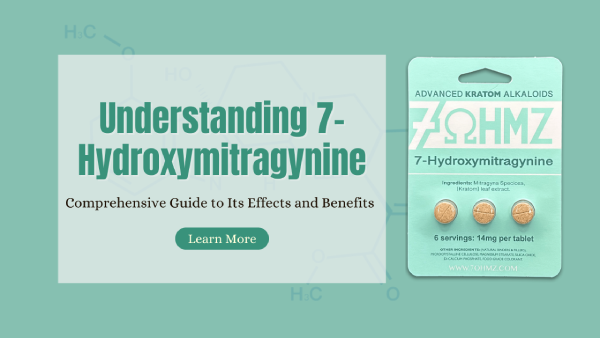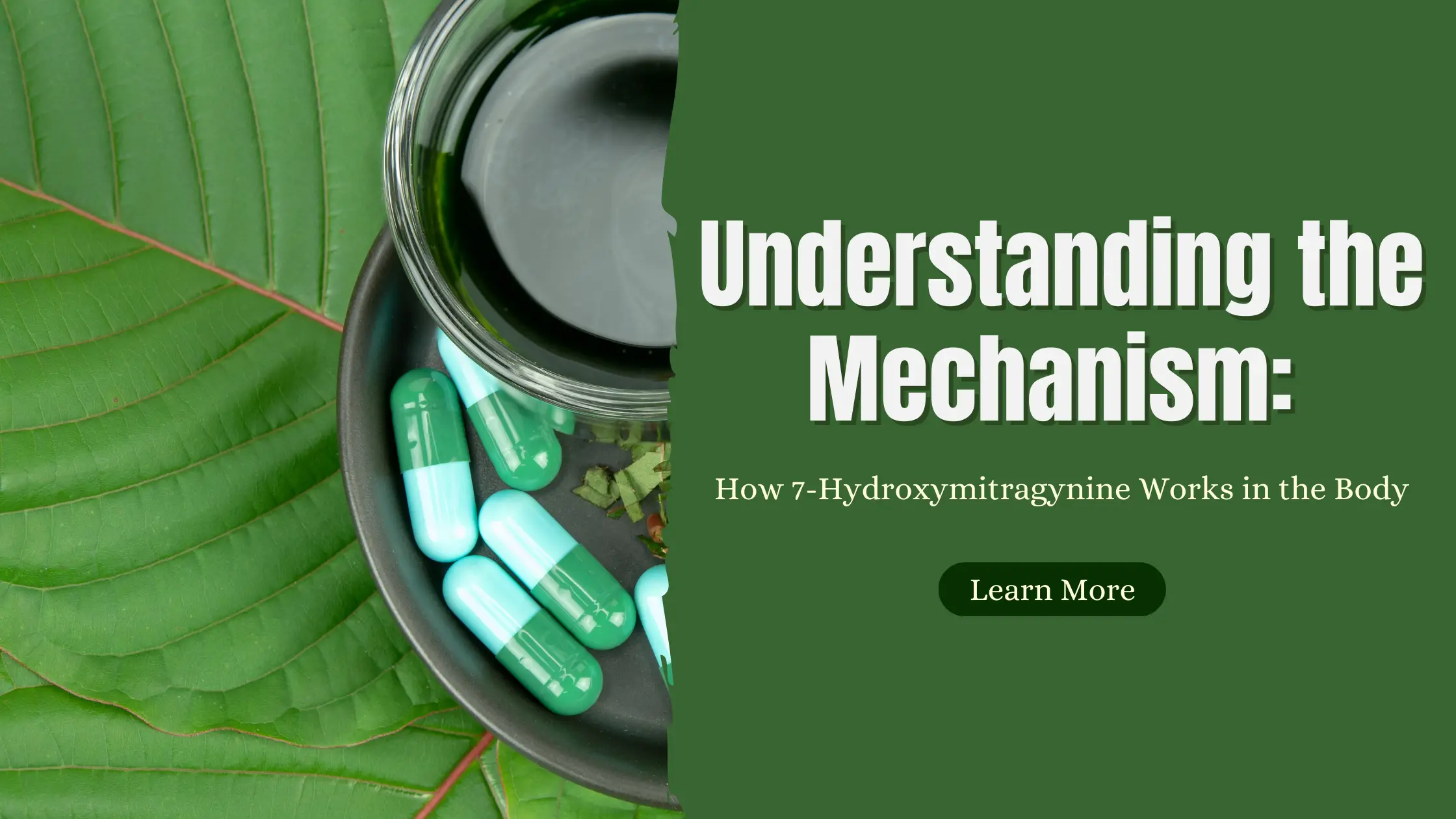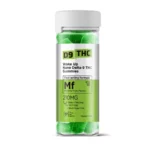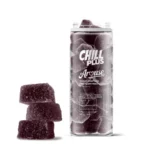If you’ve ever tried cannabis, you’ve probably experienced the intense hunger that often follows commonly referred to as “the munchies.” This phenomenon isn’t just a quirky side effect; it’s rooted in the complex way cannabis interacts with your brain and body. But why does weed make you feel so ravenous? Let’s explore the science behind the munchies and understand how cannabis drives appetite.
The Endocannabinoid System and Appetite
The answer to why weed makes you hungry starts with the endocannabinoid system (ECS), a vast network of receptors located throughout the brain and body. This system plays a crucial role in regulating a variety of bodily functions, including mood, memory, and you guessed it hunger.
Cannabis contains compounds called cannabinoids, the most famous of which is THC (tetrahydrocannabinol). When you consume cannabis, THC interacts with the receptors in the ECS, particularly the CB1 receptors in the brain, which are closely linked to appetite regulation. The activation of these receptors can boost appetite and make food more appealing.
THC and the Munchies
So, how does THC trigger this hunger? Research shows that THC can increase the release of certain hormones that signal hunger. One of these hormones is ghrelin, commonly known as the “hunger hormone.” When THC is present in the body, it stimulates the production of ghrelin, which sends signals to your brain that it’s time to eat even if you’ve just had a full meal.
Additionally, THC enhances your senses, particularly taste and smell, making food more appealing. This effect can transform ordinary snacks into something far more enjoyable, increasing your desire to keep eating.
Brain Chemistry and Cravings
Another reason why weed makes you hungry is related to the way THC influences dopamine, a neurotransmitter associated with pleasure and reward. When you eat something delicious, your brain releases dopamine, making you feel satisfied and happy. THC amplifies this dopamine release, which is why eating while high often feels more pleasurable than usual.
The impact of THC on the brain’s olfactory bulb also plays a role in food cravings. By heightening your sense of smell, cannabis makes aromas more intense and appealing, further stimulating your appetite.
The Role of the Hypothalamus
The hypothalamus is another key player in the weed-hunger connection. This part of the brain regulates several essential functions, including hunger and thirst. THC interacts directly with the hypothalamus, tricking the brain into thinking that the body needs food. Even if you’ve recently eaten, the hypothalamus can signal hunger after cannabis consumption, making you crave food even when you’re not physically hungry.
In fact, studies have shown that THC can increase the activity of certain neurons in the hypothalamus, further driving the urge to eat. These neurons usually become active when the body is deprived of food, but THC activates them prematurely, essentially mimicking starvation signals.
Cannabis and Nutrient Intake
Although the munchies are often associated with junk food cravings, cannabis may actually help increase the intake of essential nutrients for certain people. For those who struggle with poor appetite due to medical conditions such as cancer or HIV, cannabis can be a useful tool to stimulate eating and ensure proper nutrition.
In these cases, cannabis can play a beneficial role in promoting healthier eating habits. While some users may reach for sugary snacks or fast food, others use the increased appetite to consume nutrient-rich meals that they would otherwise avoid. Cannabis can also assist in weight management for those suffering from conditions that cause extreme weight loss.
Final Thoughts and FAQs
In summary, weed makes you hungry because THC interacts with various parts of the brain, including the endocannabinoid system, the hypothalamus, and the olfactory bulb, which collectively trigger appetite and enhance your senses. By increasing the release of ghrelin and amplifying dopamine, THC makes food more enjoyable and satisfying, often leading to intense food cravings.
FAQs
Does every strain of weed make you hungry?
Not all strains of cannabis trigger hunger in the same way. Some strains, especially those higher in THC, are more likely to cause the munchies. On the other hand, CBD-dominant strains may not have the same effect.
Can cannabis help people with appetite disorders?
Yes, for individuals with medical conditions that result in poor appetite, cannabis can be a useful way to stimulate hunger and improve nutrient intake.
Is it possible to avoid the munchies?
Yes, it is possible. Opting for strains lower in THC or using cannabis in smaller doses can reduce the intensity of the munchies.
Does cannabis affect metabolism?
While cannabis can increase appetite, studies on its long-term effects on metabolism are still inconclusive. Some research suggests that regular cannabis users may have lower body mass indexes (BMIs) despite increased calorie intake.

